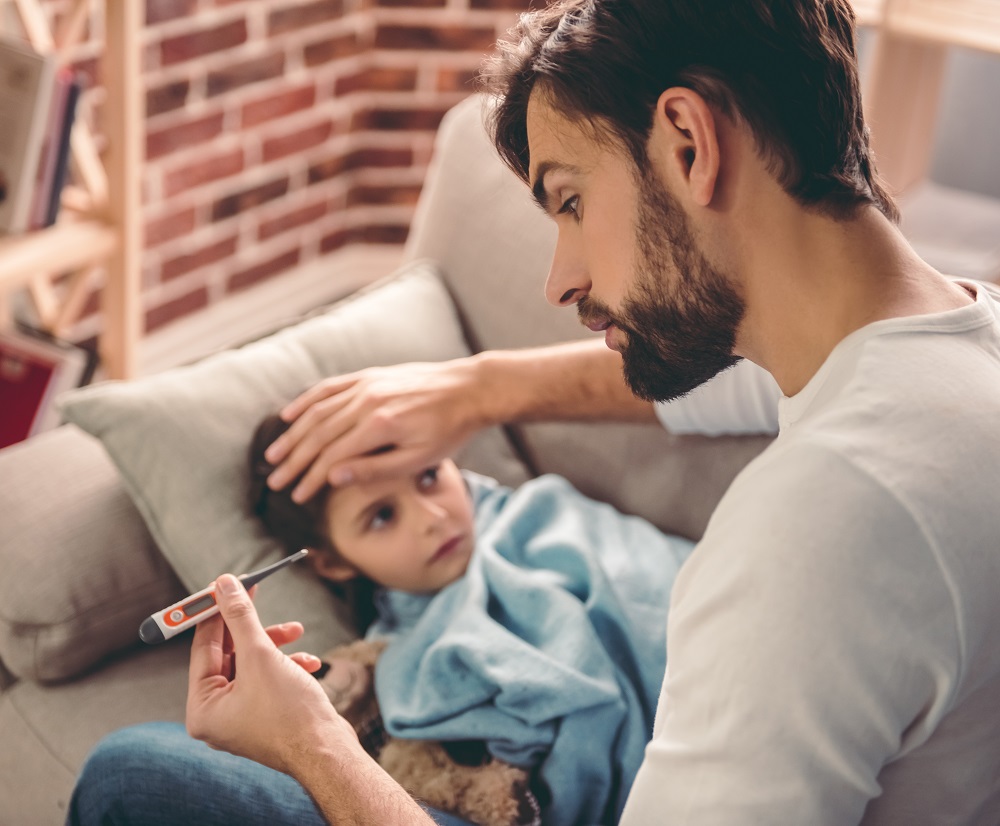Topics

Getty Images
Plan ahead
Most childhood illnesses or injuries are unexpected, so it’s important to have an emergency plan ahead of time! During your child’s regular check-ups, talk with your pediatrician about when to go to the emergency center (EC) and which EC to go to. Based on your child’s medical history and location, your doctor may recommend an EC close to your home or one in a hospital where he/she (or your child’s specialists) regularly sees patients.
In cases of emergency, having an updated list of medical phone numbers readily available can be extremely helpful! Your emergency contact list should include the names and numbers of your child’s:
- Pediatrician and subspecialists
- Dentist
- Pharmacy
- Hospital
- Health Insurance Plan and Policy #
- Poison Control: 1-800-222-1222
- 911
Is it an emergency?
Knowing when and when not to take your child to the EC can be a difficult and stressful decision for many parents.
Some examples of when you should take your child to the EC:
- Breathing difficulties (include rapid breathing or increased work of breathing/shortness of breath)
- Altered or abnormal behavior such as lethargy (difficult to awaken), confusion, agitation
- Persistent vomiting and/or diarrhea AND dehydration (no tears with crying, dry lips/mouth, pale skin, no urination in more than eight hours)
- Swallowing a foreign body and difficulty breathing, drooling, vomiting or pain
- Fever and neck stiffness
- Deep/gaping or persistently-bleeding cuts
- Broken bones
- Head injury and loss of consciousness, severe headache, vomiting or abnormal behavior/activity
However, if your ill/injured child is awake and interactive and you’re uncertain of the level of care they need, you should call your child’s pediatrician (or subspecialist), nurse’s hotline or Poison Control Center for further advice. Although ECs are open 24 hours a day, seven days a week and may seem the most convenient or fastest choice, there are many childhood illnesses/injuries where treating your child at home, going to an urgent care clinic or seeing your child’s pediatrician the next day may be a safe choice.
When should I call 911?
Calling 911 should be reserved for true medical emergencies. You should dial 911 and have an ambulance evaluate and transport your child to the closest EC, if your child has:
- Difficulty breathing and is turning blue
- Seizure-like activity for more than five minutes (or is not breathing or turning blue)
- Loss of consciousness or is not responding to you
- Uncontrollable bleeding or severe pain
- Significant trauma/injury (car accidents, falls, drownings, electrical shocks, large burns, etc.)
- Swallowed a medication or substance and is not responding to you, or not acting/behaving normally
- Any other serious or life-threatening emergency
Remember, by planning ahead and having an emergency medical plan and emergency contact list prepared and readily available, unexpected illnesses and injuries can be calmly and safely cared for.

